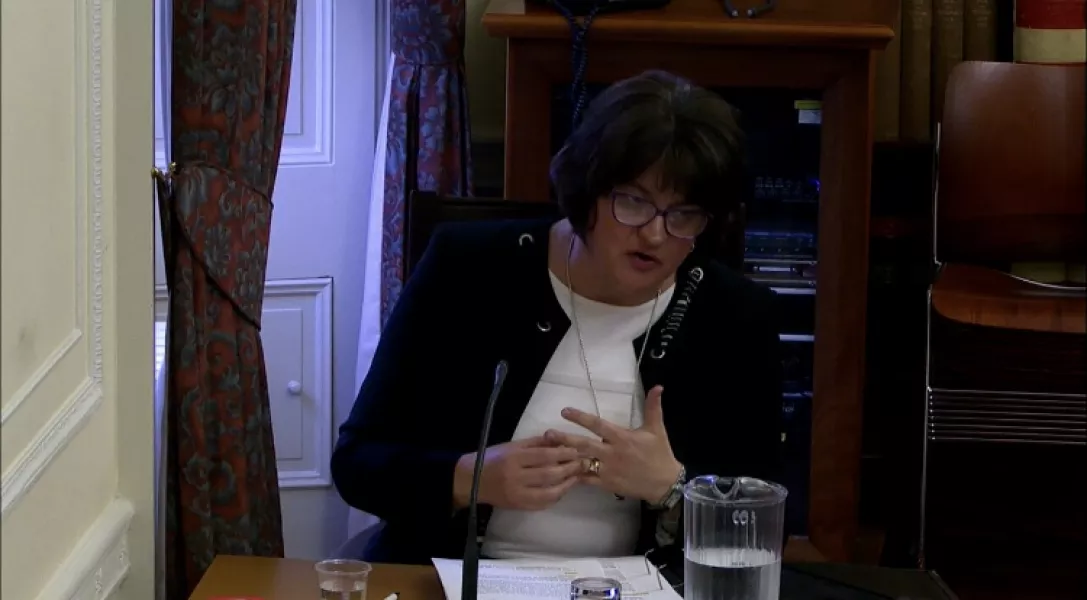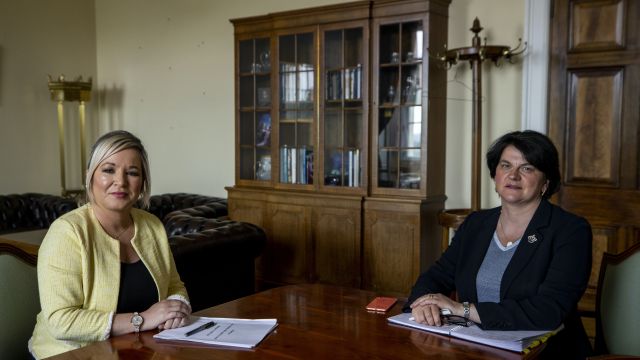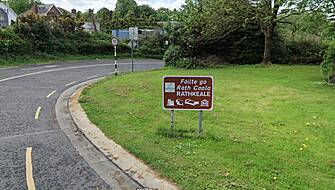Northern Ireland’s First Minister acknowledged that people are “fed up” with Covid-19 and “want it to be over and done with” but urged continued compliance with public health rules.
Deputy First Minister Michelle O’Neill said the actions of the public would determine how bad the second wave got.

“Things are going to get worse if people don’t act now,” Ms O’Neill said.
Northern Ireland’s leaders were giving evidence to Stormont’s Executive Committee as the numbers of new infections continue to spiral and hospital admissions increase.
Today, the Department of Health notified one further death and 828 new positive cases of Covid-19.
Some 106 patients with the virus are currently in hospital, including 14 in intensive care.
Mrs Foster and Ms O’Neill both expressed concern at the figures “starting to ramp up again”.
The Executive is due to meet tomorrow to discuss further restrictions.

Ms O’Neill said that from a scientific perspective it “seems unlikely” that the current restrictions will be sufficient to bring the R number back to less than one.
She said the Executive would ideally want to give people plenty of notice if they were to introduce lockdown measures.
But she stressed that sometimes ministers had no choice but to act swiftly in response to alarming data on the spread of the virus.
“Where we can we will (give notice) but it isn’t always possible,” she said.
Earlier, Economy Minister Diane Dodds urged Chancellor Rishi Sunak to “step up” to save jobs, describing the new support scheme to replace furlough as “not enough”.

Speaking separately, Finance Minister Conor Murphy said there was an onus on the Treasury to provide additional financial support to the region if it had to enter a fresh period of widespread restrictions.
He announced a £350,000 (€348,000) Executive-funded grant scheme to support hospitality businesses impacted by added localised restrictions in force in the Derry and Strabane Council area.
But Mr Murphy said if Northern Ireland was to enter a more restrictive lockdown – a circuit breaker, the Treasury will need to allow more funding to support the region.

Meanwhile, Education Minister Peter Weir said he wants schools to remain open in the event of stronger restrictions, warning the most disadvantaged children would be hardest hit by closures.
“If children miss further elements of school I think that would be damaging to their education and also there is a strong argument that the more children miss, however much we try to put mitigation measures in place, it will also hit those who are more socially disadvantaged at a harder level than others,” he told the Stormont Education Committee.







